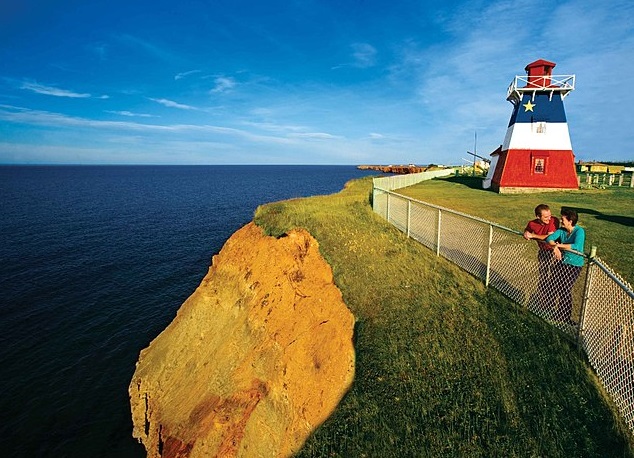
News
Industry update
post-smolt
Sustainability
New Brunswick unveils plan to support land-based aquaculture
March 28, 2022 By Nestor Arellano

The Canadian province of New Brunswick has plans to promote sustainable finfish production and land-based aquaculture systems and technologies.
The finfish sector, dominated by the Atlantic Salmon, has been one of the key contributors to the maritime province over the last 40 years. Production peaked at just over 30, 000 metric ton in 2012. However, production volumes have dropped by 40 percent between 2012 and 2020, according to the Government of New Brunswick.
In a 13-paged document titled New Brunswick Finfish Aquaculture Growth Strategy 2022- 2030, the government provided information on an eight-year plan to develop opportunities for growth of salmon aquaculture and the potentials for innovation in areas such as land-based aquaculture, technology implementation and product diversification.
“This strategy is proposing a modest increase in production over the 8-year period that will
validate and promote land-based systems and technologies and allow time for implementation of said systems,” the document said. “The evolution New Brunswick Finfish Aquaculture Growth Strategy 2022-2030 of land-based facilities, through post-smolt production, will assist those advancements and has the potential to revolutionize the industry, once again making New Brunswick a leader in aquaculture innovations.”
New Brunswick’s goal is to support land based post-smolt facilities producing hatchery fish grown from the normal 150-gram fish to more than 500 gram fish prior to release in marine cages.
The provincial government also said the plan includes seeking Indigenous perspectives on marine and terrestrial stewardship. The strategy will entail engagement with Indigenous organizations, businesses and communities with “the objective of seeking input, feedback, concerns, or new ideas.”
By April this year, New Brunswick’s plan calls for the hiring of a hydrologist to provide expertise in identification of suitable areas for landbased aquaculture production.
By October, New Brunswick hopes to assess and identify at least two additional suitable areas for land-based aquaculture production.
Print this page